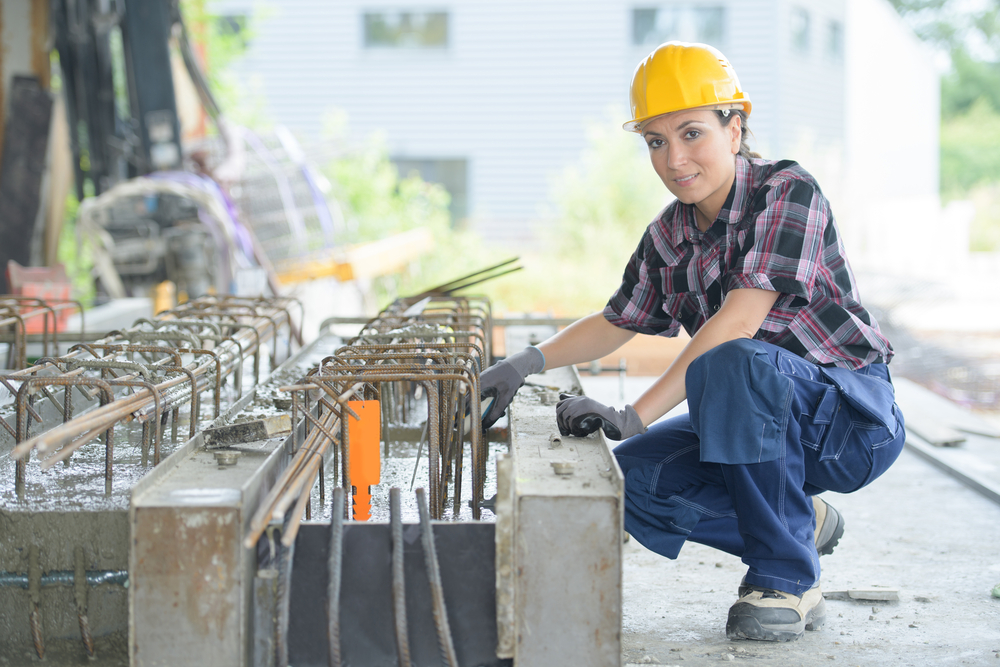Your career as a steel fixer will be to provide vital structural support to construction and engineering projects by installing, meshing, clipping fixing steel supports that are used to strengthen concrete during construction. Let’s have a look at what your career as a steel fixer will involve and where your career as a steel fixer can take you.
Your Career as a Steel Fixer
A career as a steel fixer is demanding work across a host of different environments, on projects of vastly different scales and sizes. Generally speaking, in your job as a steel fixer, you would be responsible for:
- Establishing your working area and following the directions of a foreperson or manager
- Fitting spacer and chairs to support the steel constructs
- Fixing steel to stone and concrete bases and supports
- Using both power and hand tools to bend, modify or cut steel bars or mesh
- Securing reinforcement steel bars with welding, wire and clips
- Fixing wooden slats and shuttering on setting concrete bases after steel supports have been fixed or modified.
Career Path
A career as a steel fixer requires stamina, good training, the ability to follow direction and to have a good knowledge of health and safety protocols. In your career as a steel fixer you will have a fundamental role within the construction process on any building site. Some of the other trades and roles you would work alongside would be:
- Foreperson
- Construction labourer
- Draughtsperson
- Site manager
- Dry-liner
- Bricklayer
- Roofer
- Window fitter
- Glazier
- Finishing foreman
- Iron worker
- Health & Safety
- HSE officer
- Site manager
- Civil engineer
- Structural engineer
- Electrician
Professional Qualifications
One of the most common routes is via apprenticeships, where steel fixers learn the role ‘on the job’ with a steel fixing or construction company and also study for their qualifications in college over 7 phases of work and college-based education. Once you have established yourself as a steel fixer, you can apply for membership of professional bodies which will enable you to build a strong professional network. Due to innovation within this sector, constant training and upskilling in new methodologies, materials and equipment is advised if you are to have a successful career. You will also need to be very aware of Health & Safety and have the necessary certification.
How your Career can Develop
You can choose to specialise in particular areas during your career, so you will need to upskill and earn any necessary certifications. You can specialise in areas such as domestic or residential steel fixing, industrial construction steel fixing and partitioning, exterior steel work and steel fixing or indeed, other construction projects. Ultimately you can build up your own client base and start your own steel fixing service or contracting business or work with large firms or contractors that would require your services as a steel fixer.

